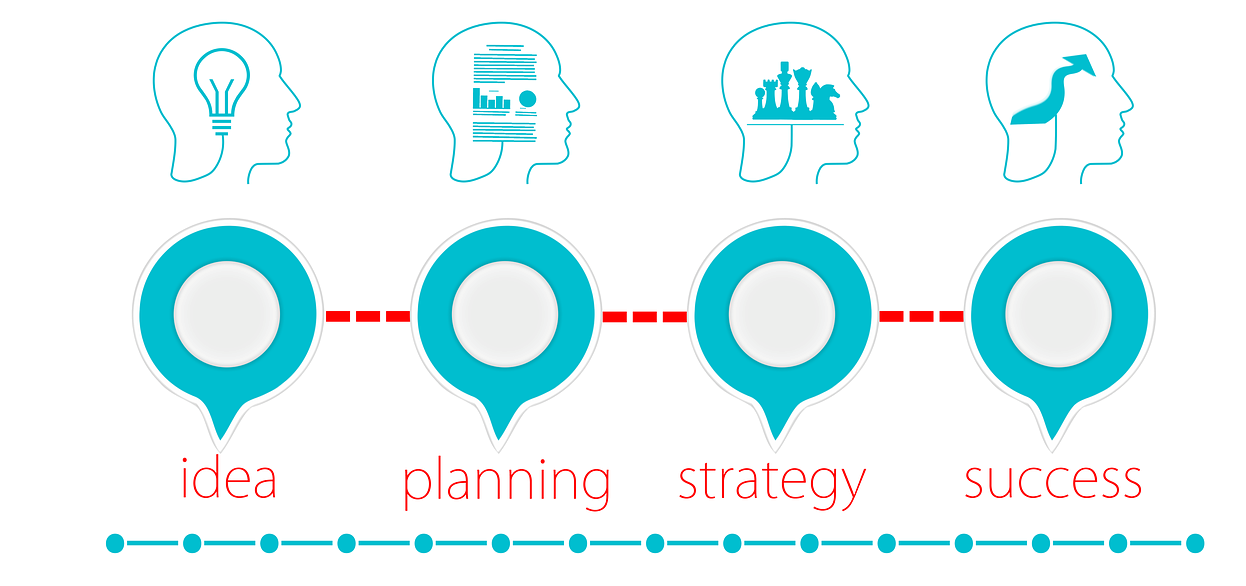Last week, we explored The Joint Commission’s role in health care as a standards-setting and accrediting body. They are not the only organization that monitors the performance of health care providers, though.
Today, we will examine another distinguished accrediting body: The Commission on Accreditation of Rehabilitation Facilities (CARF).
Whereas JCAHO evaluates a health care provider based on the standards it sets, CARF assists providers in meeting their internationally recognized standards.
This article will examine how the CARF approach helps improve provider outcomes by systematically monitoring their performance.
What Is CARF?
The Commission on Accreditation of Rehabilitation Facilities is a non-profit organization that accredits health and human services in a variety of areas, including behavioral health, opioid treatment, youth services and medical rehabilitation.
The CARF Approach
CARF takes a consultative, peer-reviewed approach to accreditation.
CARF makes it clear that their evaluation is a survey, not an inspection. There is an emphasis on performance improvement in both the treatment and business management.
The idea is to work with an individual provider to identify the shortcomings of their operation and implement transformative solutions to raise the quality of care available to their patients.
.jpg)
What is the CARF Accreditation Process?
The process begins with the provider performing an internal evaluation of its treatment and operational practices based on the CARF standards. These standards have been consistently and collectively developed over the last five decades by health care professionals, payers, customers, and patients.
Once a provider is satisfied that their facility has met the CARF standards in their respective field, they must request an on-site CARF survey. Organizations are required to comply with CARF standards for six months before the date of the survey.
CARF selects a survey team to reflect the organization that is being evaluated. It assigns industry professionals with expertise in the fields and services relevant to the provider being surveyed. Their surveys include:
- Interviews of staff, patients and the families of patients
- Documentation review
- Observation of the facility’s practices and services
- Fielding and answering questions
- Offering suggestions on how to improve the facility’s processes
Once the survey is complete, CARF must determine if the facility demonstrates sufficient compliance with its standards. If the facility does, the organization earns a CARF accreditation.
In addition, a report is created that identifies:
- The provider’s strengths
- The areas where the provider can make improvements
- The degree to which the provider complies with CARF standards
If an organization is awarded accreditation, it must submit a Quality Improvement Plan (QIP) to CARF that presents how it will address any areas that need improvement.
In addition, the provider is also required to submit an Annual Conformance to Quality Report for each year of their accreditation term.

What Types of CARF Accreditation Can Be Earned?
There are six types of CARF accreditation decisions:
Three-Year Accreditation
Awarded to providers that demonstrate a high degree of conformance with the CARF standards. These organizations use systems that are designed to provide patients with excellent care.
One-Year Accreditation
Awarded to providers that demonstrate sufficient conformance to many CARF standards, but still have areas that require significant improvement. However, these facilities display the capability and commitment to improve the necessary processes.
Provisional Accreditation
If a facility’s One-Year Accreditation expires, but is still functioning at the same level of conformance to CARF standards, a Provisional Accreditation is awarded for one year. The facility must achieve a Three-Year Accreditation at is next survey, or else it will lose accreditation.
Nonaccreditation
Providers that exhibit substantial deficiencies in multiple areas of CARF standards, or cannot demonstrate clear benefits or strengths to their treatment, will not earn accreditation.
Preliminary Accreditation
New providers are able to earn a Preliminary Accreditation by presenting their proposed treatment and operational procedures to CARF.
These facilities can show that their processes will deliver quality care once they begin treating people. A comprehensive follow-up survey is required approximately six months after they begin treating patients.
Accreditation with Stipulations
CARF may identify a provider’s accreditation status as having stipulations. These instances vary on a case to case basis, but often requires facilities to commit to reporting on progress to comply with CARF standards.
Benefits of Earning a CARF Accreditation
CARF accreditation is designed to help providers face and overcome the challenges it experiences in delivering optimal treatment, thus improving outcomes.
Here are some of the many benefits of earning a CARF accreditation:
Dedicated Guidance from Industry Professionals
CARF stands out for how it addresses and evaluates each organization. It is uniquely interested in identifying the ways in which individual providers can improve their process in the best way possible for them.
Providers are not only earning approval from an esteemed organization, they are also receiving targeted and collaborative assistance from an organization that has their patients’ best interest in mind.
Industry Distinction
As the healthcare industry becomes increasingly crowded, distinguishing yourself from the crowd is more important than ever.
A CARF accreditation is like a seal of approval for a provider. It sets them apart as an organization that is committed to treatment and operational excellence.
Patients can trust that a facility with a CARF accreditation will provide them with quality and safe care. Furthermore, an organization can attract skilled professionals who are interested in working at a facility that adheres to high standards.
Continuous Quality Improvement
CARF accreditation is not a one-time deal. Rather, it is a commitment to prolonged internal excellence.
The CARF system is designed to guide providers in diligently improving the quality and safety of their services. A CARF accreditation does not just promote consistent improvement, it necessitates it.
Government Funding
A CARF accreditation is proof for government regulators that a health care provider abides by quality practices and delivers effective services when applying for funding.
Payers Choose CARF
Insurance companies and referral agencies prefer CARF-accredited providers because they exhibit lower risk and a high degree of accountability. An organization can experience a higher rate of referrals, or greater reimbursements with the CARF seal of approval.
Healthier Patients, Healthier Population
CARF’s patient-focused approach promotes excellent care at CARF-accredited organizations, and the larger health care industry as well.
CARF’s standards are an ever-evolving collection of the most modern and effective ways to safely treat patients. As CARF refines their standards through real-time collaboration with a variety of health care providers, those improved standards are introduced into the health care environment. As a result, the population as a whole becomes healthier.

CARF Accreditation with AURA
We hope you have a better understanding of the CARF process and how it can help improve outcomes at your organization.
Many of Sigmund’s customers are CARF accredited organizations. We have seen firsthand how a CARF evaluation is an organized and constructive blueprint to providing safe and quality care to their patients.
AURA, Sigmund’s enterprise software solution, is well suited for the CARF accreditation approach. Our platform is able to facilitate the evaluative aspects of an on-site survey, as well as the internal monitoring necessary for a Quality Improvement Plan.
Here are a few of AURA’s features that can help make CARF accreditation a painless process:
- Patient Portal: AURA offers a secure and transparent portal for patients to self-report, as well as access their information and records. Facilities are able to engage patients through the portal, creating an easy flow of communication between provider and patient.
- Configurable Documentation: AURA has the power to customize assessments and treatment plans to fit a facility’s specific needs. This allows a facility to provide the kind of individualized treatment that CARF values.
- Robust Reporting: AURA can provide a secure record of personnel, client and financial data during the on-site CARF survey. Beyond the survey, AURA’s reporting features allow a facility to closely monitor their performance to track adherence to CARF’s quality improvement guidelines after accreditation.
Want to find out more about how AURA is designed to help providers achieve and maintain CARF accreditation? Reach out to one of our knowledgable professionals today, we’d love to chat! And if you’d like to see our software in action, you can schedule a demo here!


